The United States has undergone immense change over the past century, with two world wars, social and political changes, and technological advancement leading the charge, often for the worse. For a history lesson, here are 17 ways America has changed in negative ways within the past 50-100 years.
Rising Income Inequality

The gap between the rich and the poor in the US has widened since the mid-20th century, as evidenced by statistics from Pew Research. In 1970, the top 1% of earners received 8.9% of the national income, but by 2020, that share had ballooned to 23.9%!
More Mass Shootings

Recently, mass shootings have become a disturbingly common occurrence in the U.S. While other countries scoff at our lack of gun control, there are other factors at play, including social unrest and mental health issues. Whatever the causes, it’s a worrying trend that needs to be addressed.
Erosion of the Middle Class

The decline of manufacturing jobs and the outsourcing of labor has significantly impacted the American middle class. Union membership rates have fallen, and financial safety nets like pensions have become more challenging to obtain. The middle class is now shrinking, with a growing number of people struggling to afford basic necessities.
Political Polarization
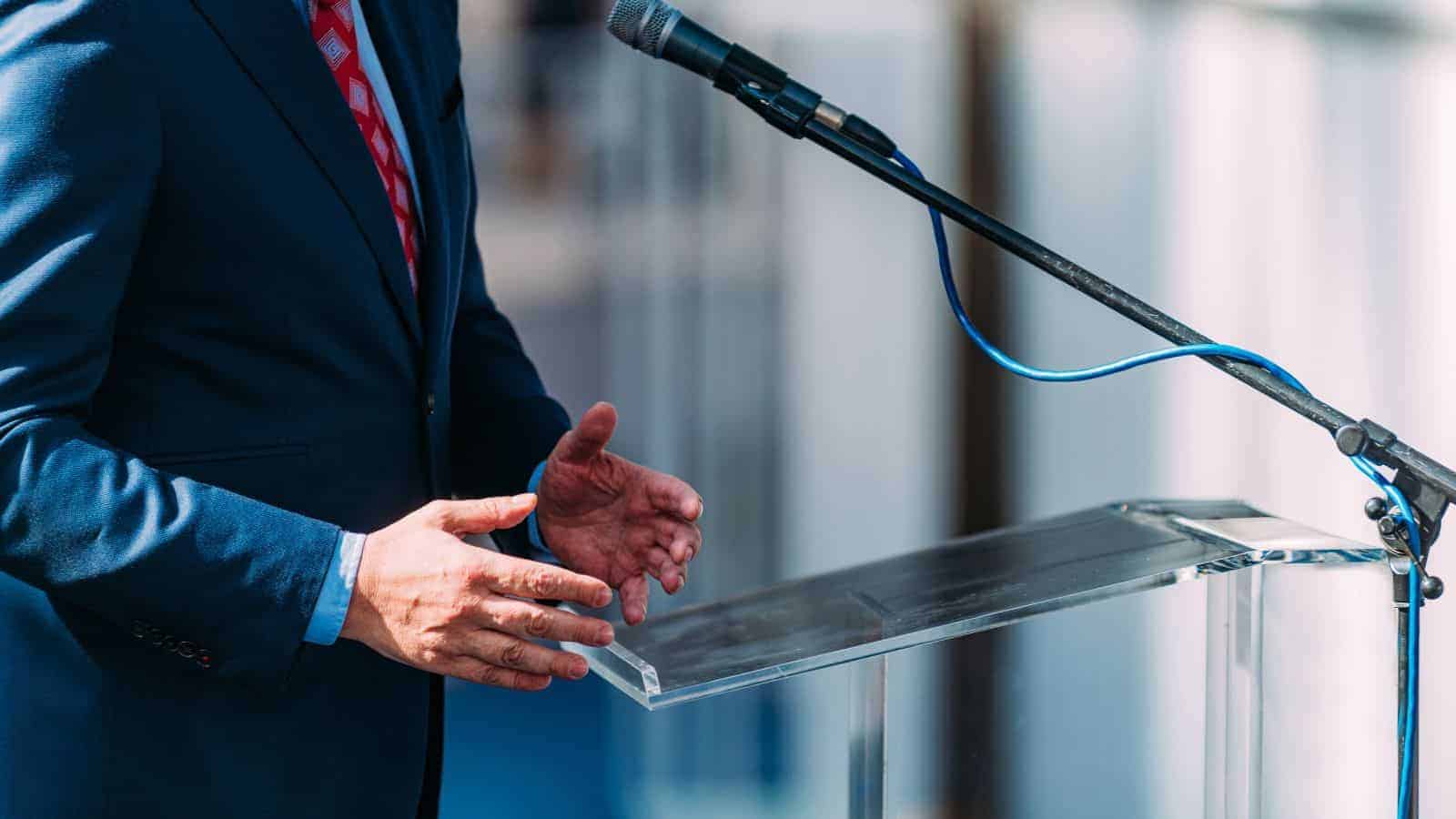
Since the mid-20th century, American politics have become increasingly polarized as civil debates have given way to uncompromising ideologies on both sides. The LA Times warns that a heavily divided two-party system prevents progress and collaboration, unnecessarily pitting liberals against conservatives rather than focusing on the issues at hand.
Fewer People Voting
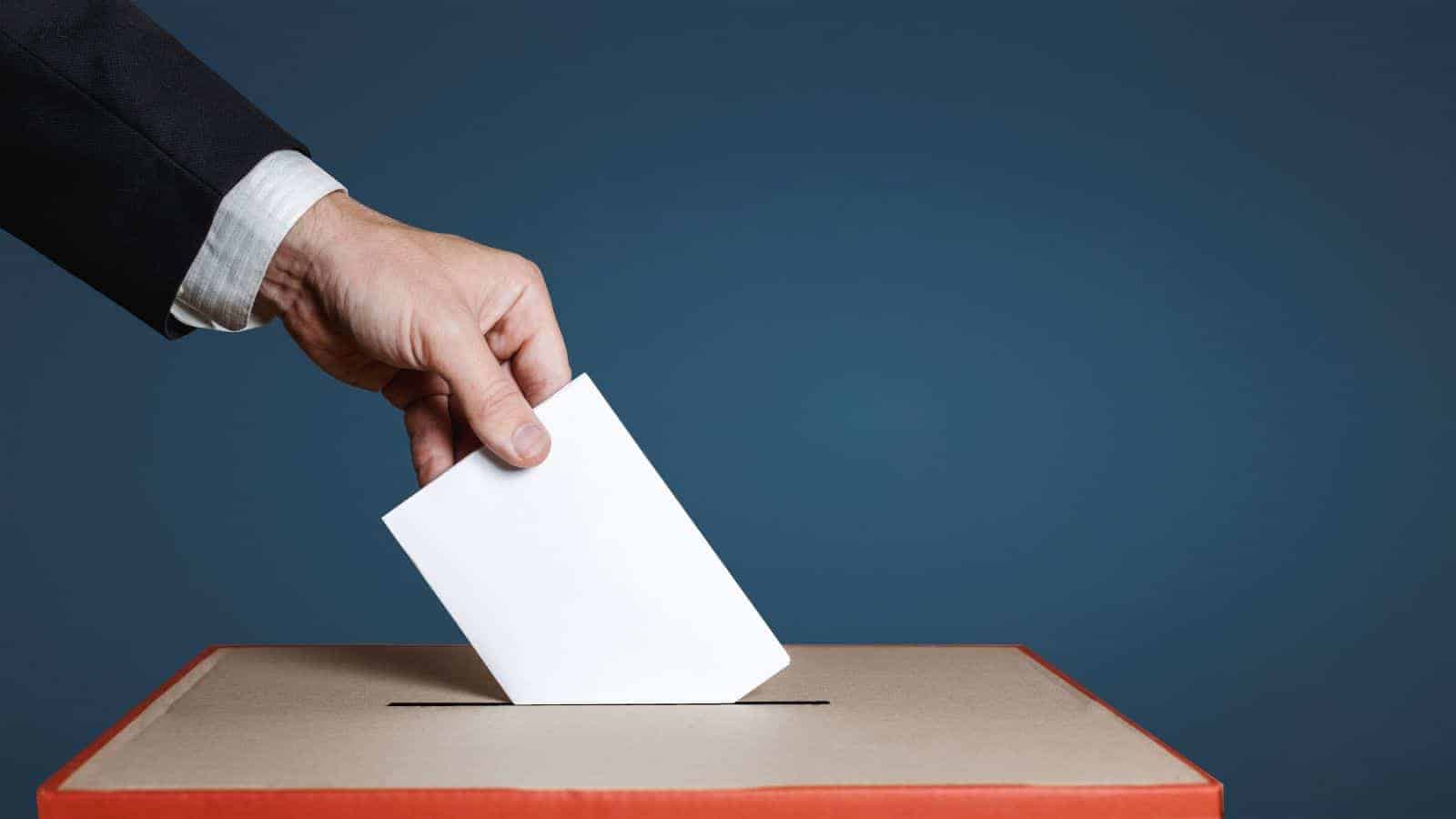
One of the results of political polarization is a decline in voter turnout, which has been declining over the past three decades. Some are disillusioned by the rigidity of the two-party system and feel that neither side has the people’s best interests at heart, leading to apathy.
The Rise of Social Media
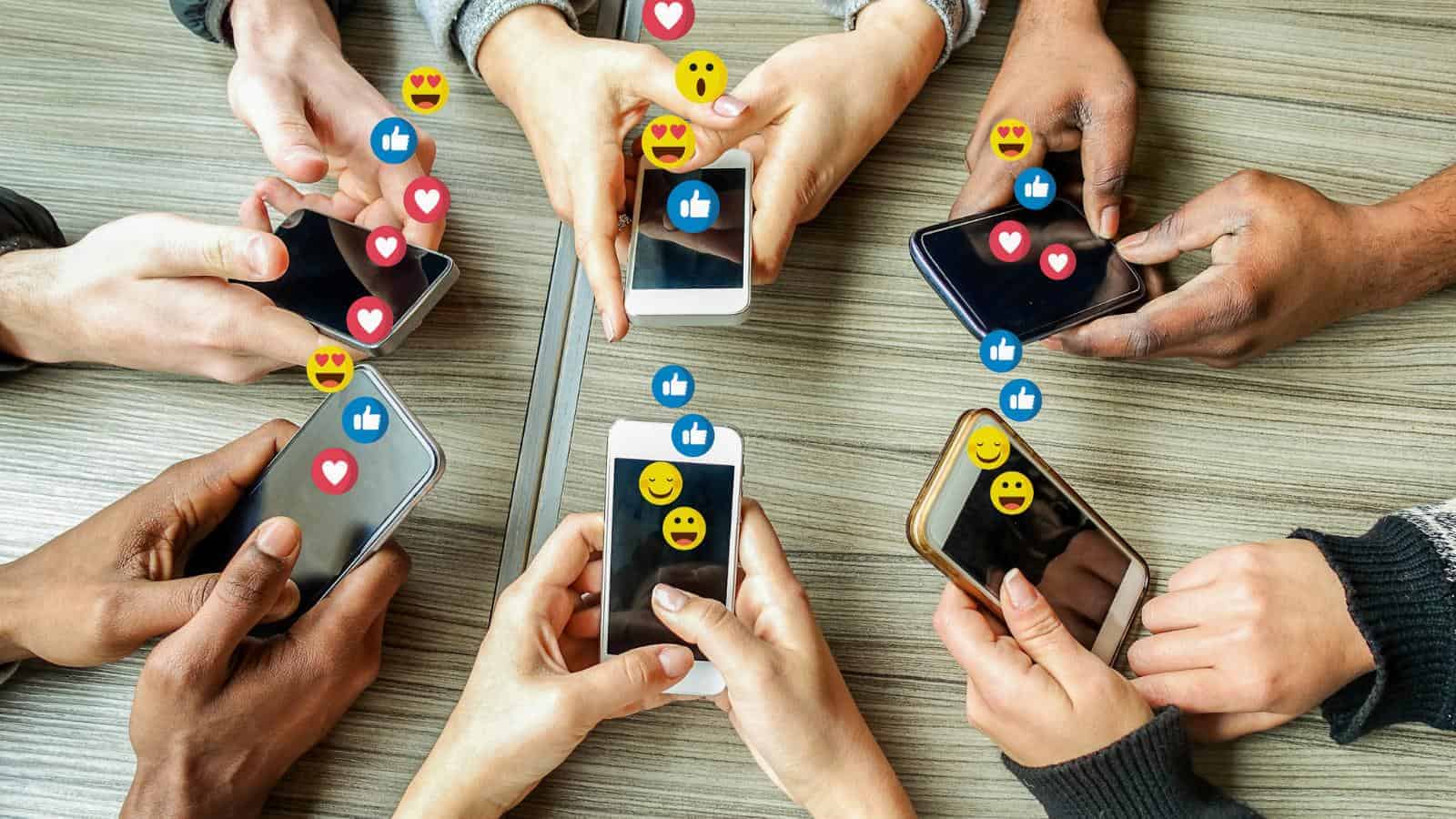
As the likes of Facebook, Twitter, and Instagram have boomed in popularity, there has been a significant decline in community involvement and face-to-face social interactions. Concerns also exist regarding its impact on mental health and political polarization, with many users living in an online ‘echo chamber’ that creates and exacerbates anti-social feelings.
The Decline of Unions
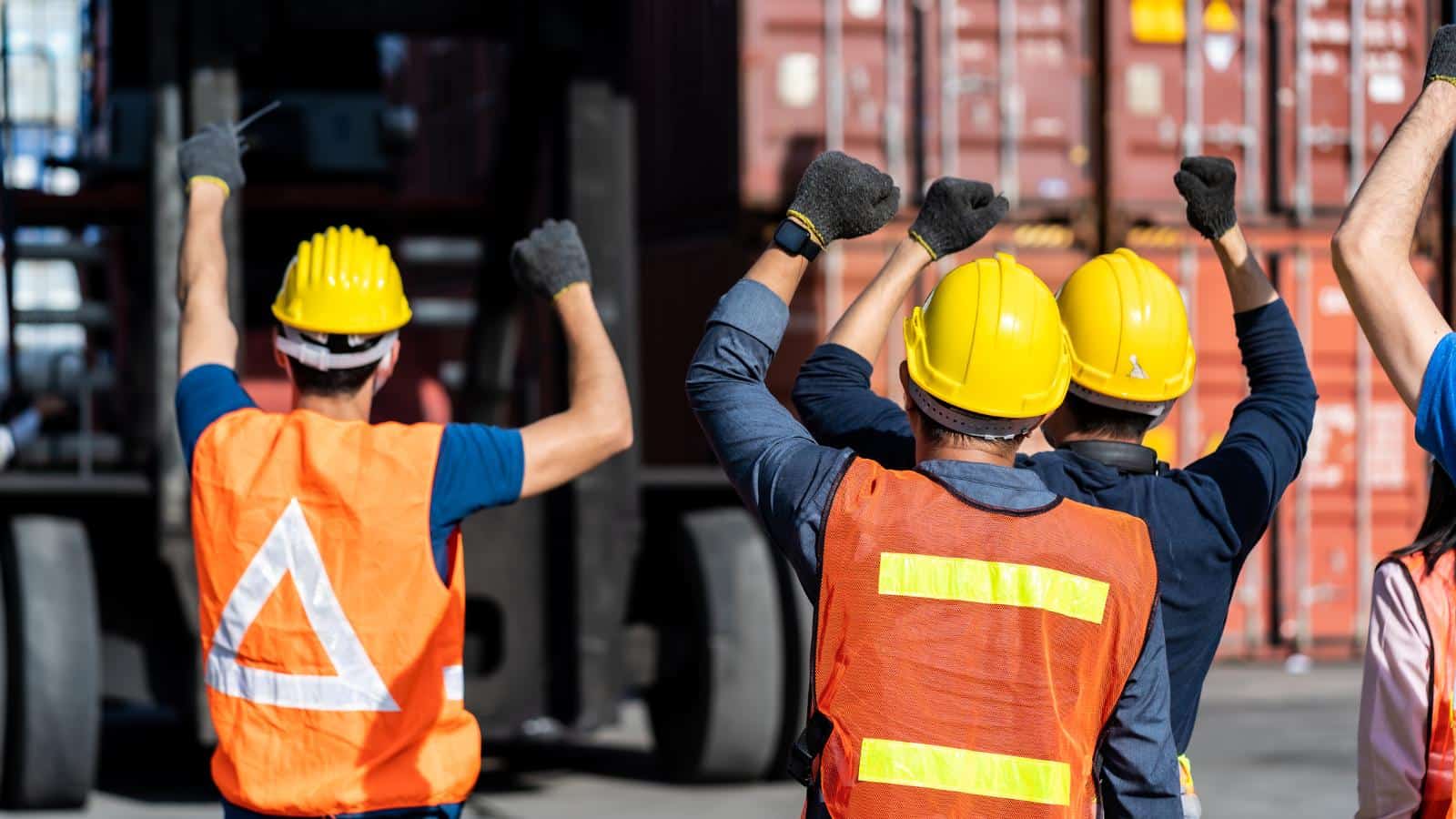
Union membership in the United States has fallen from its peak in the 1950s, reducing the bargaining power of the workforce. This leaves the least privileged members of society with a diminishing platform to air their grievances and fight for fairer working conditions. Unfortunately, that further increases the division between rich and poor.
Increased Incarceration
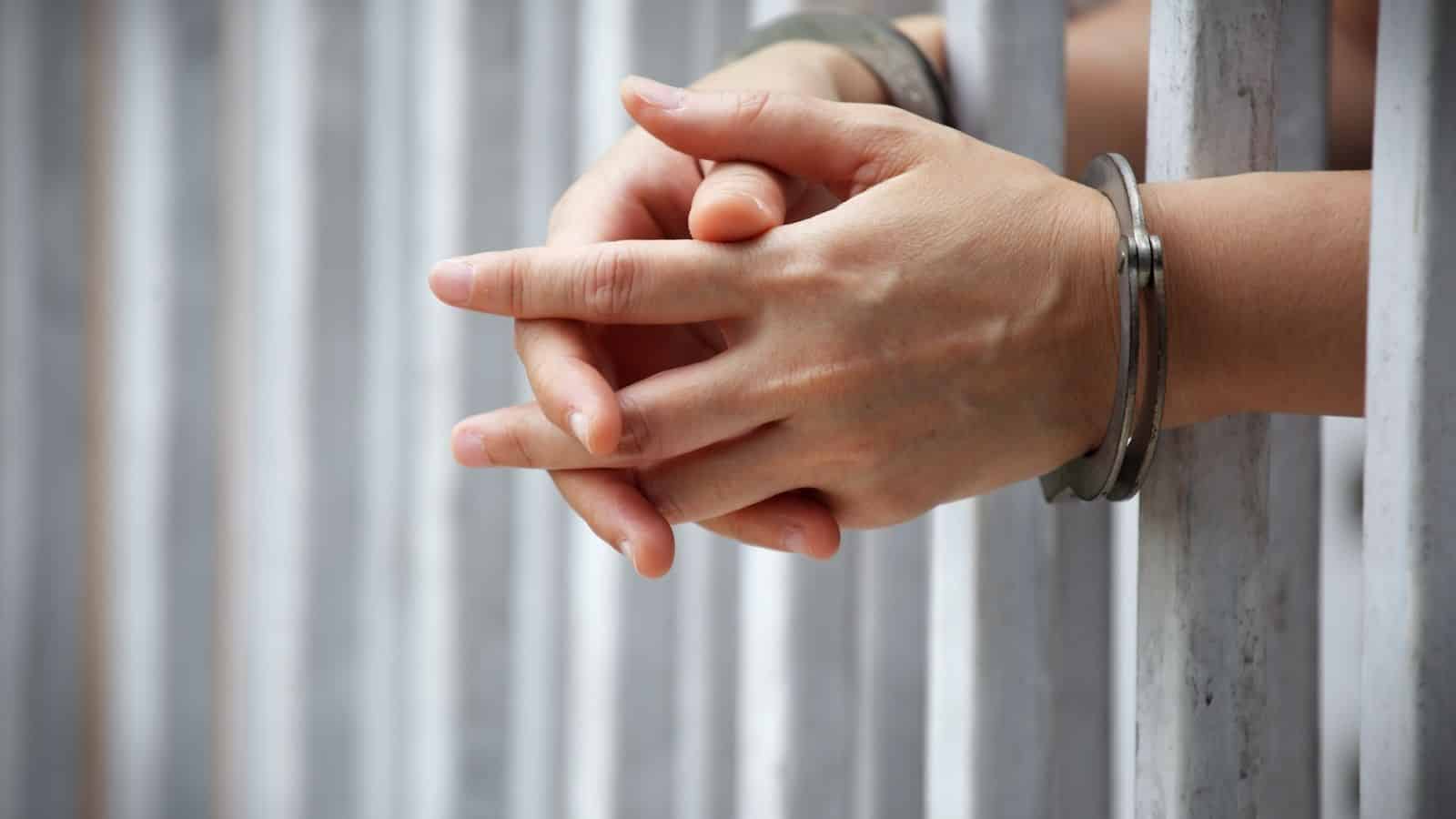
America has the world’s highest incarceration rate by a significant margin, with the NIC reporting that the number of prisoners per capita has quadrupled in the past four decades! Housing, feeding, and securing so many prisoners is a huge drain on national funds and resources, so it’s a serious problem!
The Cost of Education
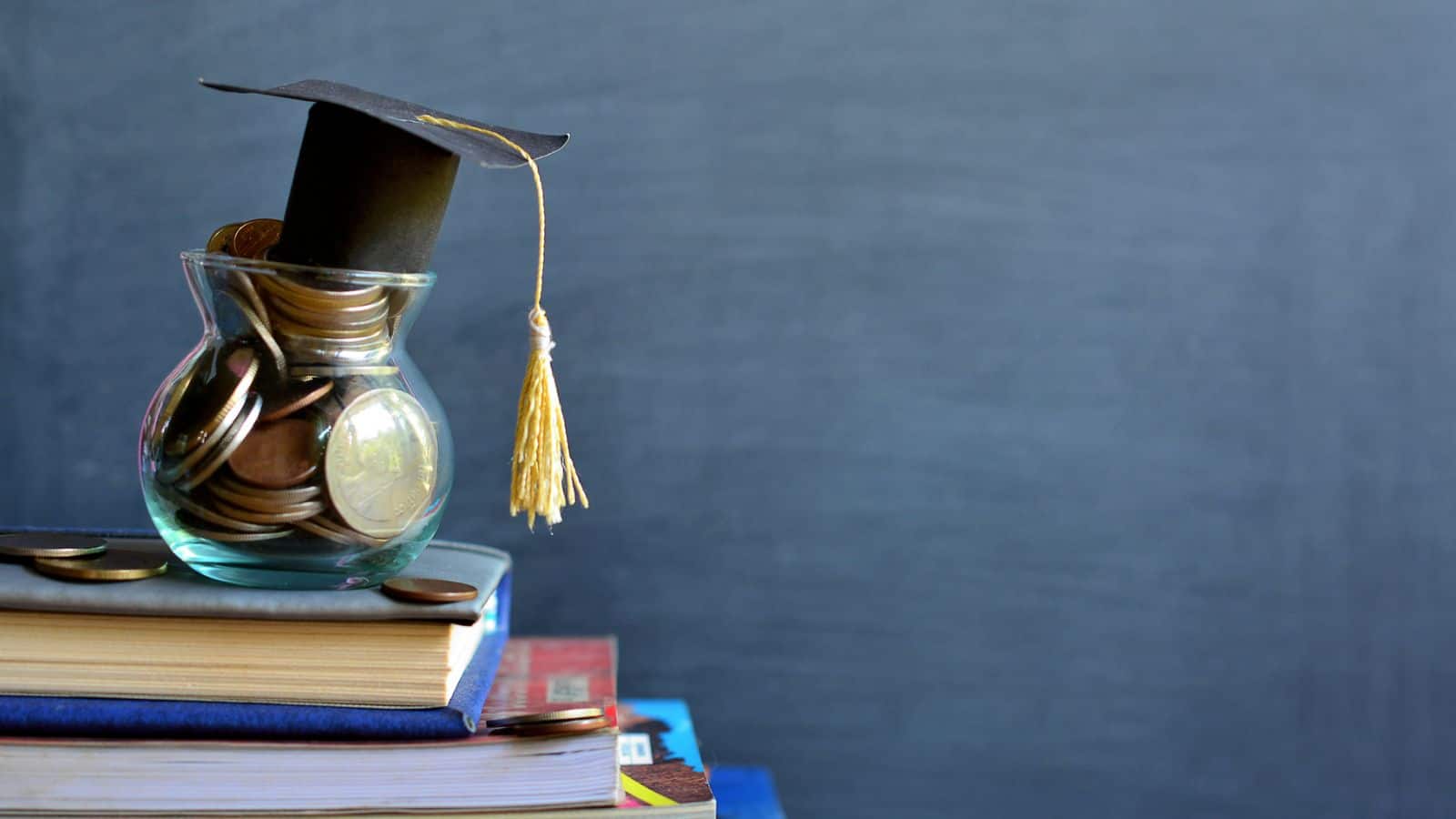
The cost of education has risen far faster than inflation over the past few decades, and student loan debt is now a staggering financial burden for young Americans. This can make higher education less appealing and affordable to lower socioeconomic groups, which will only make matters worse!
Environmental Degradation
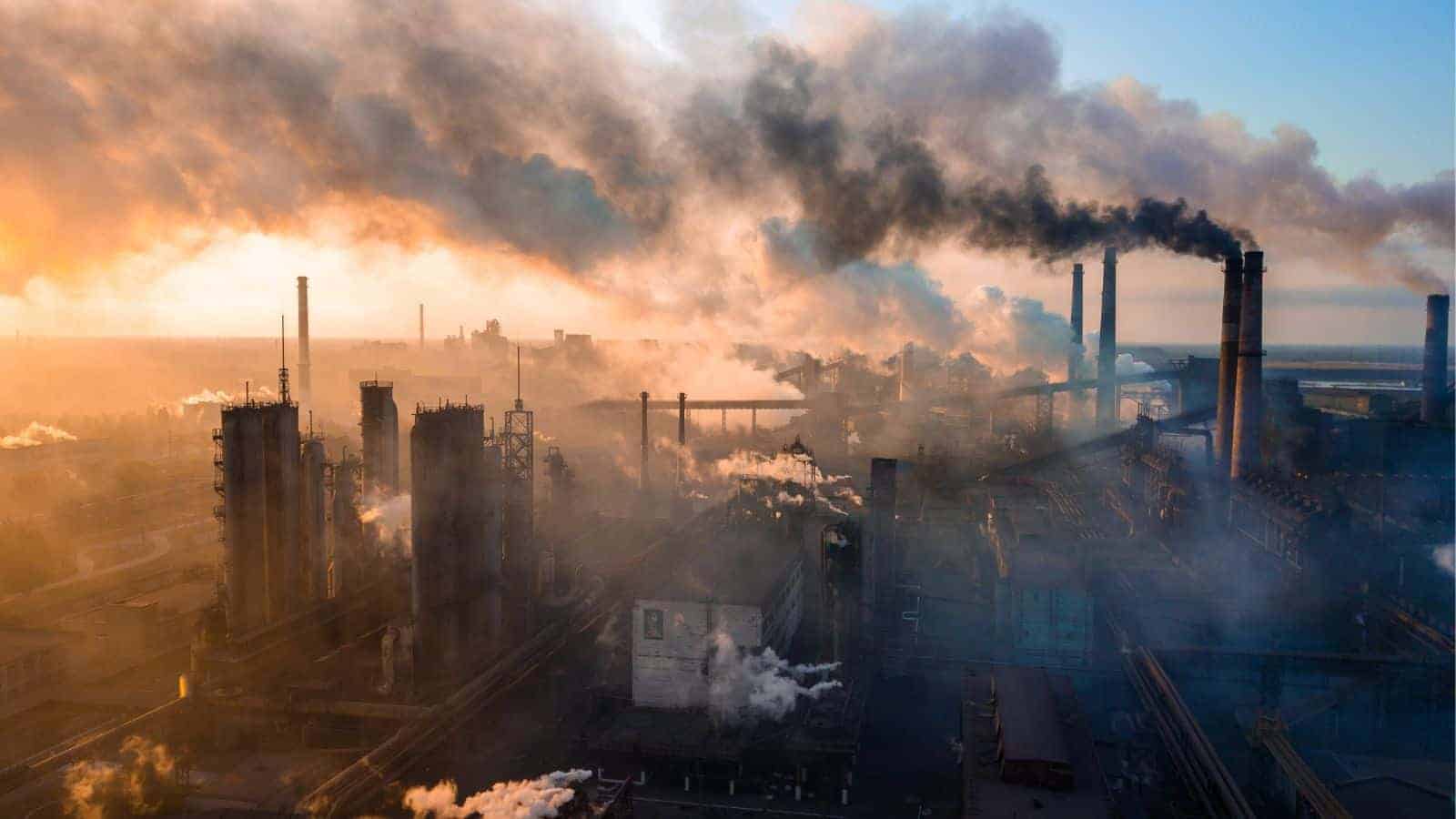
Climate change is no longer a possible explanation for rising global temperatures and extreme weather conditions—it’s a scientific fact. This, coupled with pollution, urbanization, and deforestation, is causing a depressing decline in the health of our environment and natural resources. Despite some legislative changes, unsustainable practices continue.
Awful Public Transportation
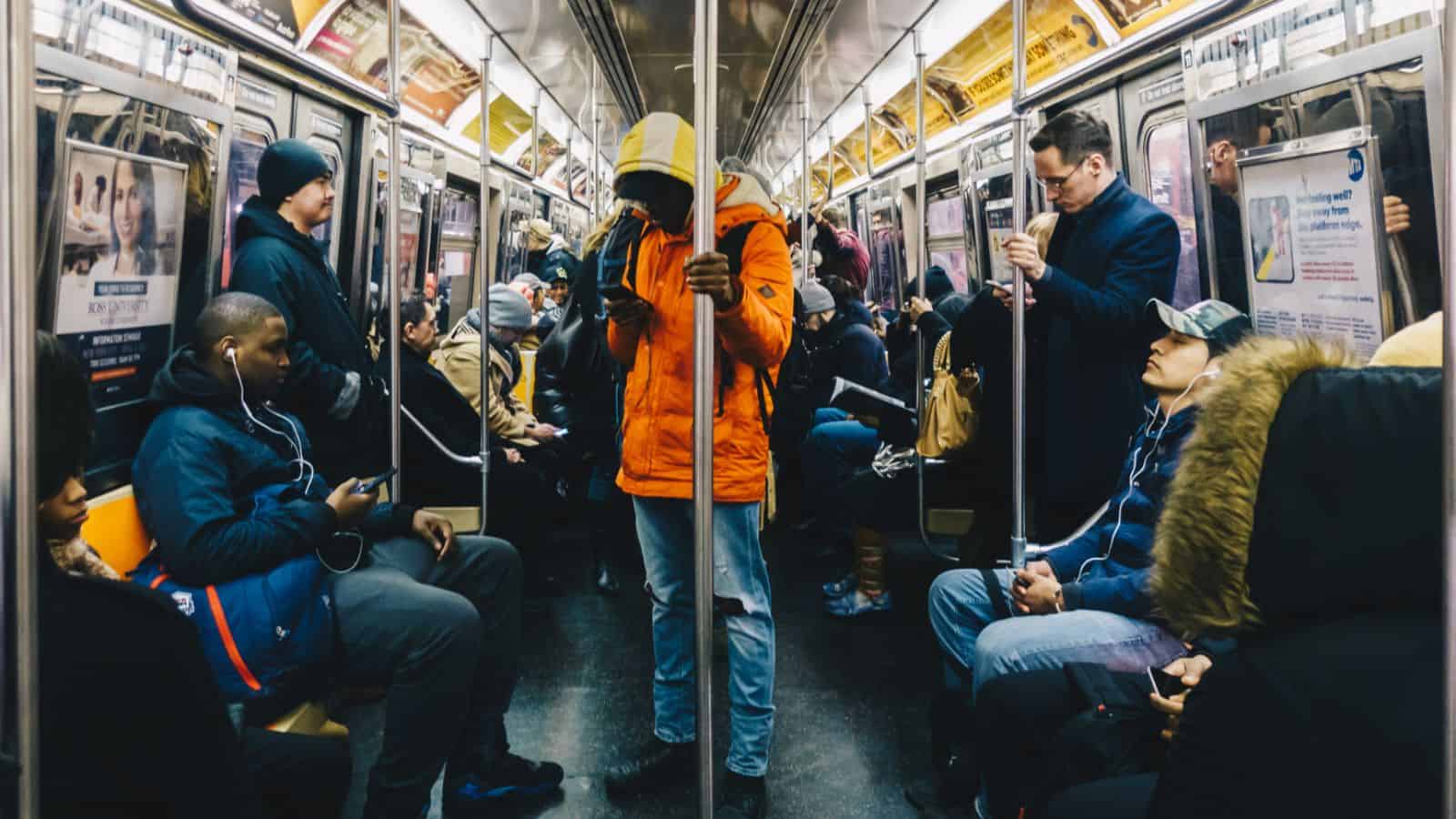
The U.S. lags behind most other developed countries when it comes to investment in public transport, particularly Japan and mainland Europe. This has led to a reliance on personal automobiles, contributing to traffic congestion, parking nightmares, air pollution, and a society heavily dependent on roadways. Surely we can afford better public transportation!?
The Cost of Healthcare

Many Americans struggle to afford health insurance and medical expenses due to America’s lack of a public healthcare system, which is common in other Western governments. The cost of even the most basic medicines and procedures has risen beyond inflation, meaning many sick people often choose between health and financial ruin!
The Decline of Civility

Manners cost nothing, and nobody ever changed anyone’s mind by insulting them, yet public discourse in America has become increasingly common. This hasn’t been helped by social media platforms, which often amplify negativity and encourage personal attacks. As a result, sensible debate, compromise, and trust in leadership are being eroded.
Reduced Privacy

You may not even know it, but your personal data is being collected and sold every time you use the Internet! The rise of online apps and social media has led to a significant loss of privacy for Americans, and targeted advertising, identity theft, and unwanted monitoring are now all too common.
The Spread of Misinformation
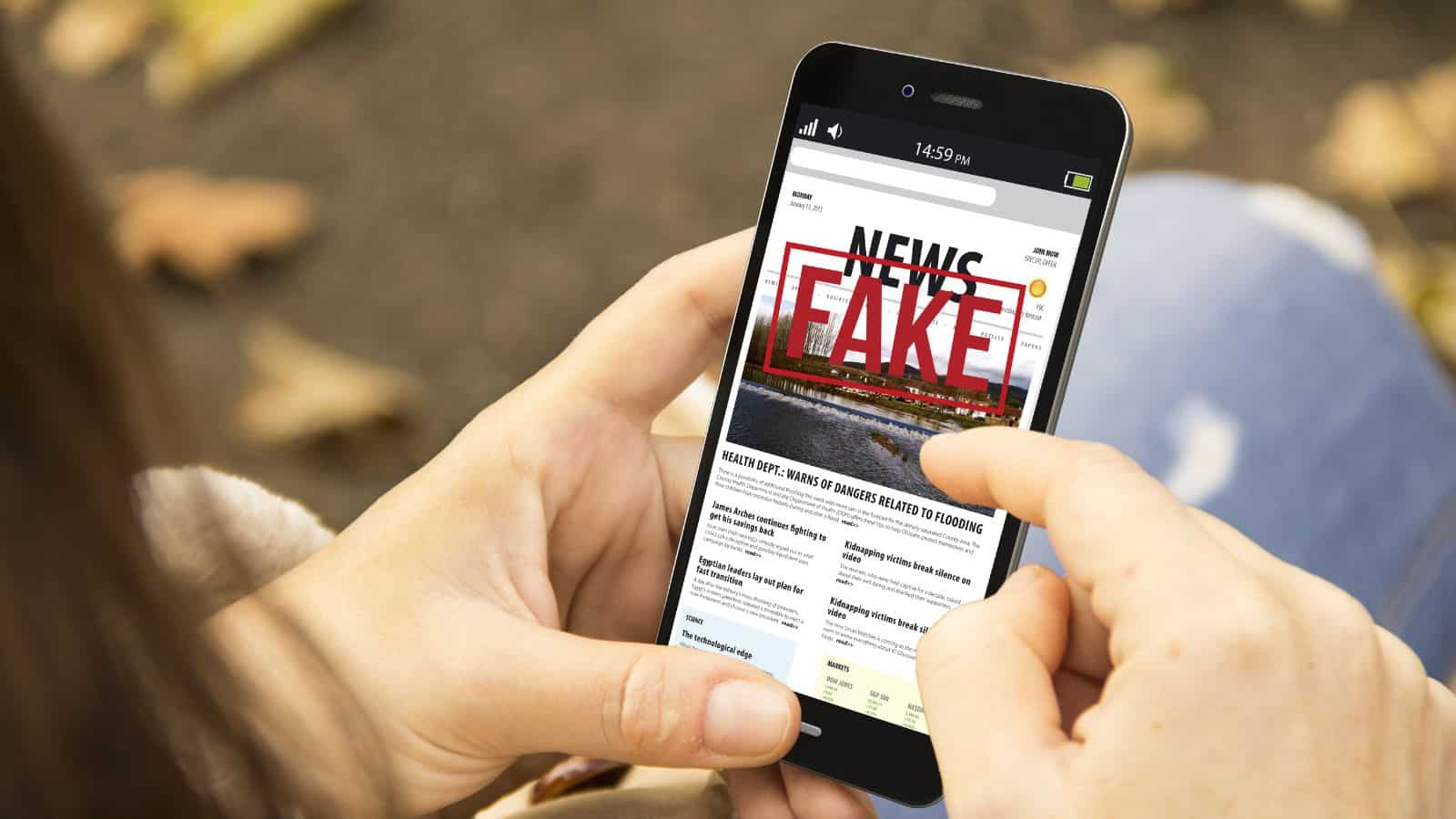
The ease with which unverifiable information can be shared online has created the perfect environment for misinformation and “fake news.” According to Pew Research, “23% of Americans say they have shared a made-up news story – either knowingly or not.” This results in a less educated, more extremist, and more confused population; it’s concerning.
Poorer Critical Thinking

The amount of information we have at our fingertips is greater than ever, but the fast-paced way we consume information can limit our critical thinking skills. Many people rely on headlines or formulate strong opinions based on inaccurate social media posts. Our critical thinking skills are declining rapidly, and it’s concerning!
Reduced Attention Spans

Finally, our smartphones and tablets constantly bombard us with information, adverts, video clips, photos, memes, and other media. This has led to a decline in our attention spans, particularly among younger generations who have been exposed to such content since infancy. It can hinder concentration and deep, complex thought processes, and who knows what else!
Up Next: 19 Things Men Want To Avoid As They Get Older

19 THINGS MEN WANT TO AVOID AS THEY GET OLDER
18 U.S. Cities Americans Say Are the Best to Live In
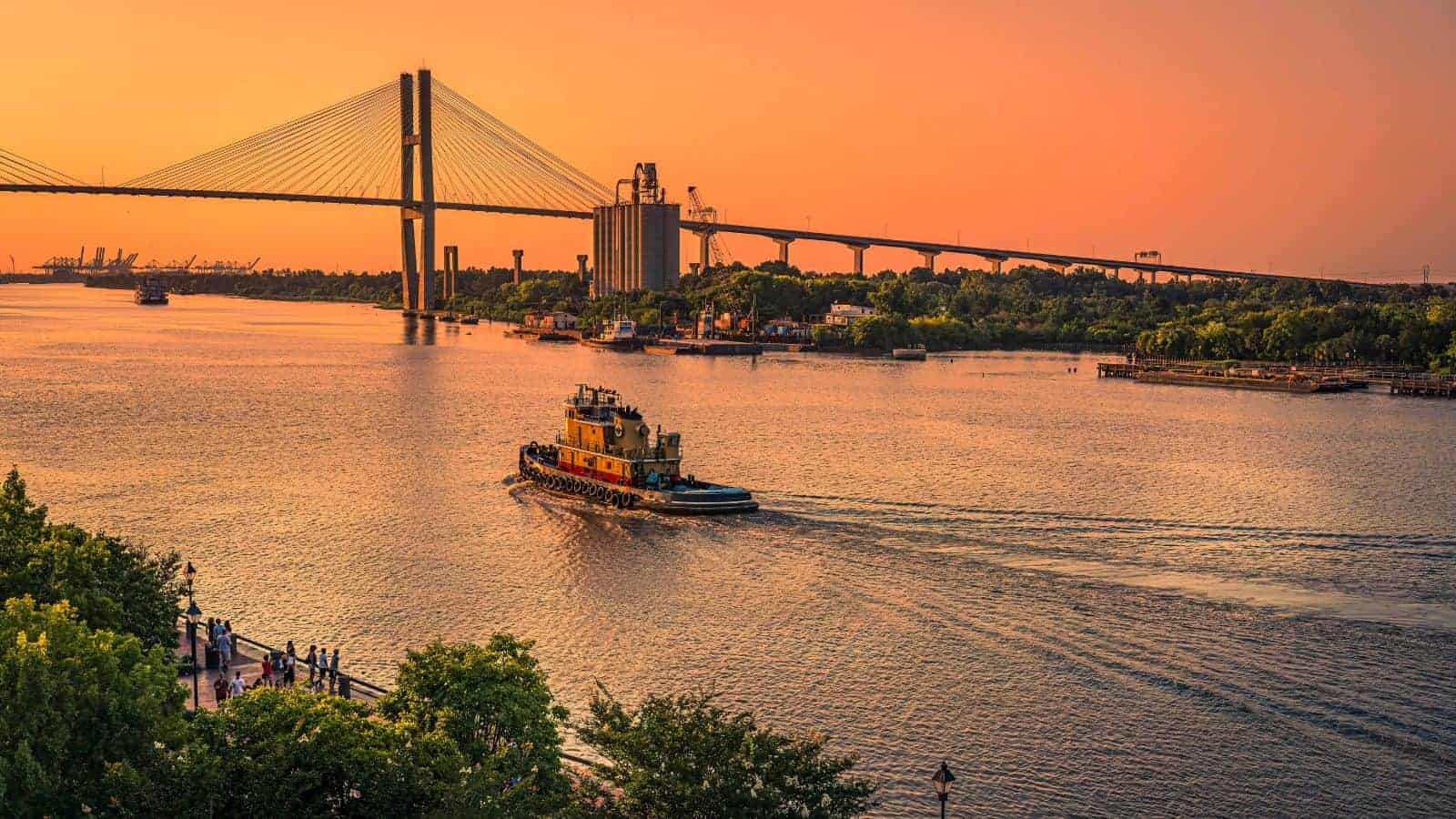
18 U.S. CITIES AMERICANS SAY ARE THE BEST TO LIVE IN
17 Most Common Reasons Men Break Up With Women

